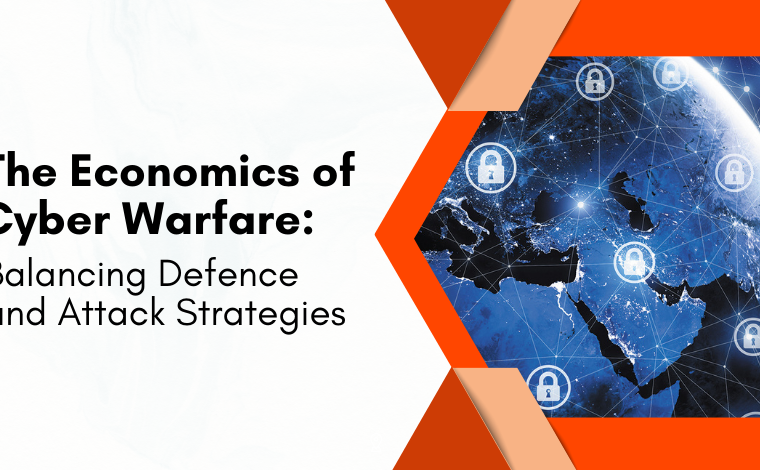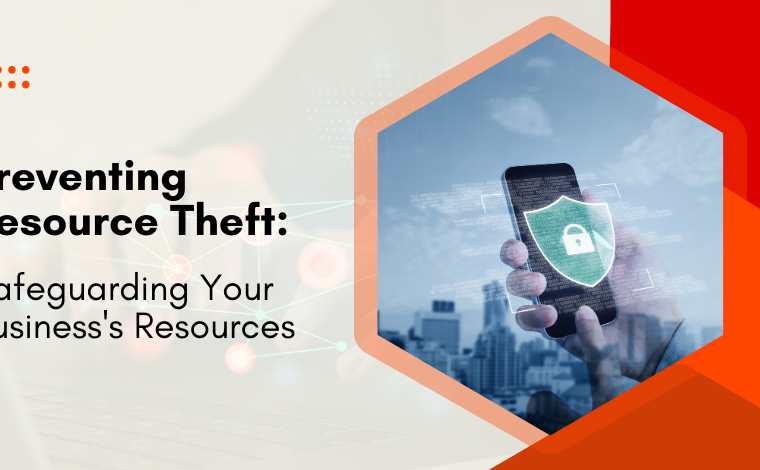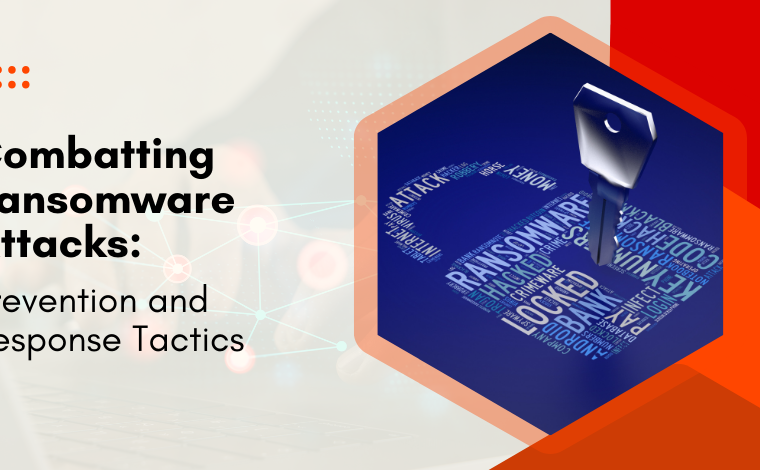Why Cyber Security is Important for a Modern-Day Society?
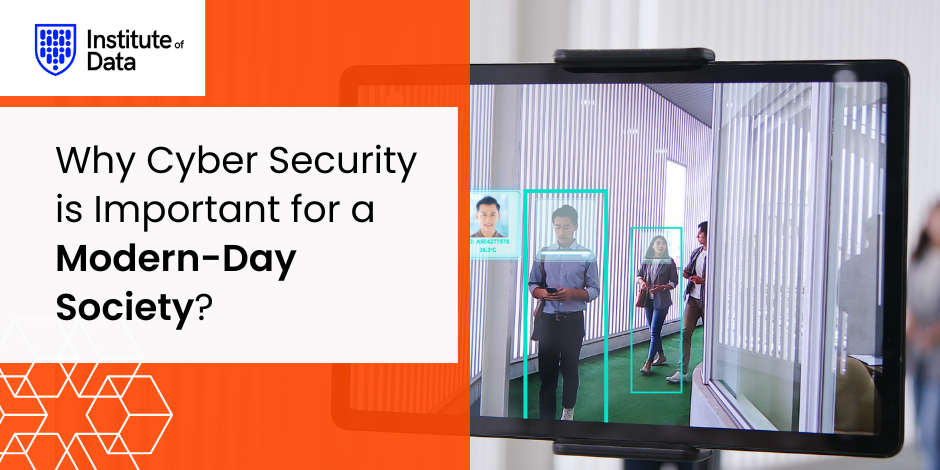
Stay Informed With Our Weekly Newsletter
Receive crucial updates on the ever-evolving landscape of technology and innovation.
Wondering why cyber security is important for a modern-day society?
In today’s digitally connected world, the importance of cyber security cannot be overstated.
With growing reliance on technology and the internet, individuals and organisations face continuous exposure to diverse cyber threats.
Research shows that 60% of small businesses shut down following a cyber attack, highlighting the need for improved prevention strategies.
Understanding why cyber security is important for a modern-day society is crucial in protecting ourselves and our sensitive information from potential harm.
This article explores why cyber security is important for a modern-day society, the potential threats in its absence, the future of cyber security, and how to enhance our own cyber security.
Understanding why cyber security is important for a modern-day society

Before delving deeper into why cyber security is important for a modern-day society, it is important to define what it entails.
Cyber security refers to the practice of protecting computer systems, networks, and data from unauthorised access, theft, or damage.
It encompasses a range of strategies, technologies, and processes aimed at preventing and detecting potential threats.
Defining cyber security
Cyber security extends beyond mere protection; it also encompasses risk management and mitigation.
That is why cyber security is important for a modern-day society.
It involves implementing measures to ensure the confidentiality, integrity, and availability of data.
This means that cyber security not only safeguards sensitive information from unauthorised access, but also guarantees that the data is accurate and accessible when needed.
The evolution of cyber security
Cyber security has evolved rapidly alongside the advancements in technology.
In the early days of computing, security-focused primarily on the physical protection of machines.
As computing became more interconnected, the focus shifted towards protecting networks and preventing unauthorised access.
With the advent of the internet and the proliferation of digital devices, cyber security became a paramount concern.
The field expanded to encompass not only protection against external threats but also internal vulnerabilities and human error.
The role of cyber security in today’s digital age
In today’s interconnected world, it’s important to understand why cyber security is important for a modern-day society.
Cyber security plays a critical role in safeguarding personal information and business, governmental, and organisational data.
This section explores the importance of cyber security in protecting personal information and the significance of maintaining robust security measures in the corporate and governmental sectors.
Protecting personal information
With the increasing prevalence of online transactions, social media, and cloud storage, individuals often store a substantial amount of personal information online.
This includes sensitive data such as financial details, addresses, and even medical records.
In the absence of adequate cyber security measures, this personal information becomes vulnerable to unauthorised access and misuse.
Identity theft, fraud, and other forms of cybercrime can have profound consequences, both financially and emotionally, for individuals who fall victim to these attacks.
Safeguarding business and governmental data
In addition to personal information, the need for robust cyber security measures extends to businesses and governmental organisations.
The vast amount of data stored within these entities makes them prime targets for cyber criminals.
A successful cyber attack on a business can lead to financial losses, reputational damage, and potential legal consequences.
In the case of governmental organisations, the threat of cyber terrorism and warfare poses a significant risk to national security and public safety.
The potential threats in the absence of cyber security
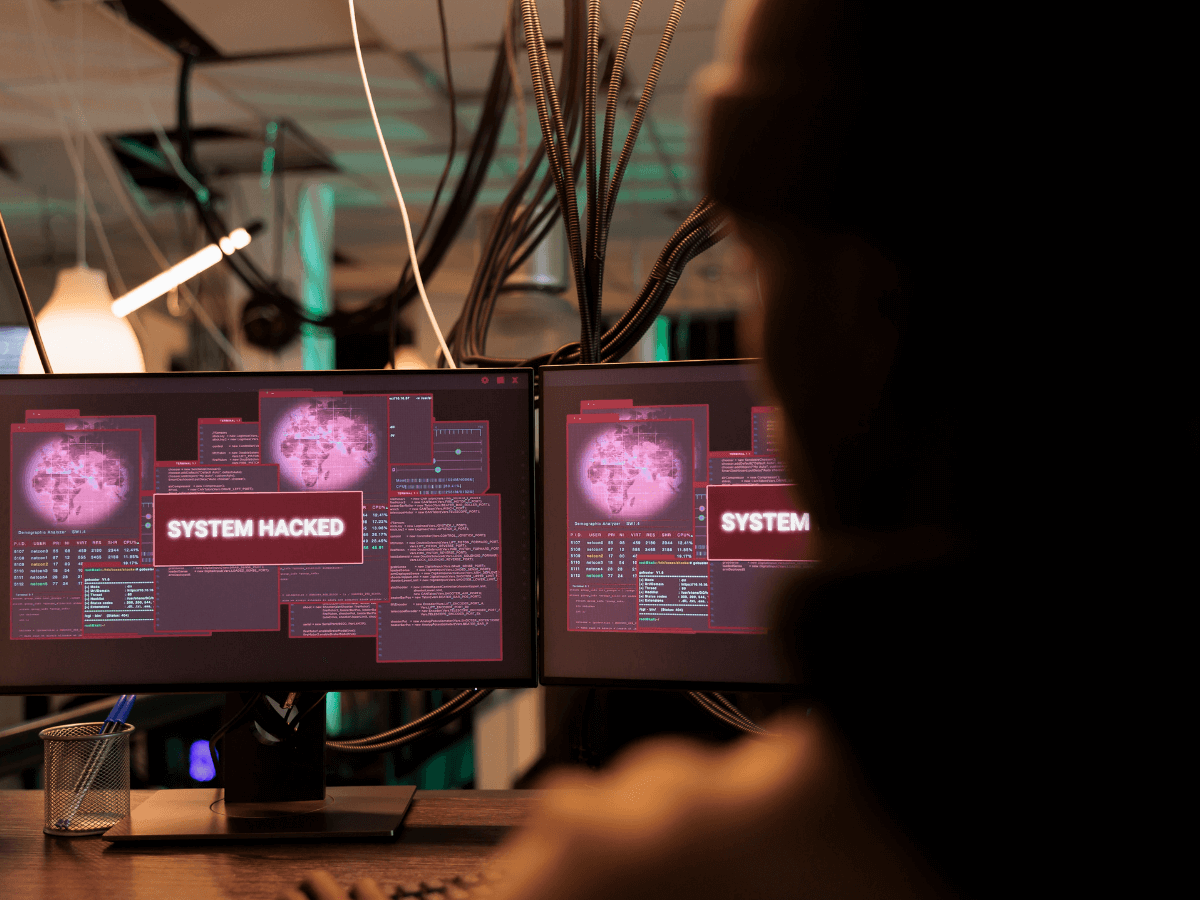
The absence of effective cyber security measures exposes individuals, businesses, and even governments to a myriad of potential threats.
Two crucial threats that require our attention are identity theft and fraud, as well as cyber terrorism and warfare.
Identity theft and fraud
Identity theft occurs when an individual’s personal information is used without their consent or knowledge to commit fraudulent activities.
This can include accessing bank accounts, opening lines of credit, or even obtaining false identification.
In the absence of cyber security measures, cybercriminals can exploit vulnerabilities in systems to gain access to sensitive information.
With this information in hand, they can assume the identity of unsuspecting individuals, wreaking havoc on their financial and personal lives.
Cyber terrorism and warfare
As our society becomes increasingly reliant on technology, the threat of cyber terrorism and warfare looms large.
Cyber terrorists can target critical infrastructure, disrupting vital services such as power grids, transportation systems, and communication networks.
Cyber warfare, on the other hand, involves nation-states engaging in offensive cyber operations to gain an advantage over their adversaries.
This can encompass anything from spying and surveillance to launching destructive attacks on enemy systems, showcasing why cyber security is important for a modern-day society.
The future of cyber security
As technology continues to evolve, so too must our approach to cyber security.
This section explores emerging trends in the field of cyber security and the role of artificial intelligence (AI) in enhancing our defences.
Emerging trends in cyber security
Cyber security is a constantly evolving discipline, with new threats emerging regularly.
That alone is a major reason why cyber security is important for a modern-day society.
As cyber criminals continue to develop sophisticated methods to bypass existing defences, it is imperative that we stay one step ahead.
One emerging trend is the increasing adoption of biometric authentication.
Biometrics, such as fingerprint or face recognition, provide an additional layer of security and make it harder for attackers to impersonate individuals.
The role of artificial intelligence in cyber security
Artificial intelligence has the potential to revolutionise the field of cyber security.
AI-powered systems can analyse vast amounts of data and identify anomalies or patterns indicative of a potential cyber attack.
By leveraging AI, organisations can enhance their ability to detect and respond to threats in real time, minimising the impact of an attack.
AI can also assist in the development of proactive defences, intelligently adapting and learning from previous incidents to strengthen security measures.
How to enhance your cyber security

Individuals and organisations alike can take proactive steps to enhance their cyber security and protect themselves from potential threats.
This section explores some best practices for online safety and the role of education in fostering cyber security awareness.
Best practices for online safety
Implementing strong authentication mechanisms, such as multi-factor authentication, can add an extra layer of security to your online accounts.
Regularly updating software and operating systems, as well as using strong, unique passwords, can significantly reduce the risk of falling victim to cyber attacks.
Additionally, being cautious while browsing the internet, avoiding suspicious links and downloads, and being aware of phishing attempts can help mitigate the risk of malicious actors gaining access to your sensitive information.
The role of education in cyber security awareness
Educating individuals about the importance of cyber security is crucial in building a more secure digital environment.
Promoting awareness through workshops, training sessions, and educational campaigns can empower individuals to take proactive measures to protect themselves and their organisations.
Moreover, fostering a culture of cyber security within organisations is vital.
This involves educating employees about cyber threats and providing them with the knowledge and tools to identify and respond to potential incidents.
Conclusion
By now, you can understand why cyber security is important for a modern-day society.
Recognising the potential threats in the absence of digital security and embracing emerging technologies are all crucial steps toward a more secure digital future.
By implementing best practices for online safety and investing in cyber security education, we can collectively build a resilient digital landscape that safeguards our personal information, secures our businesses and governments, and protects our society as a whole.
Learn more about why cyber security is important for a modern-day society by exploring the Institute of Data’s Cyber Security program.
Alternatively, if you’d like personalised guidance on your career path in cyber security, don’t hesitate to schedule a complimentary consultation to discuss the program.


